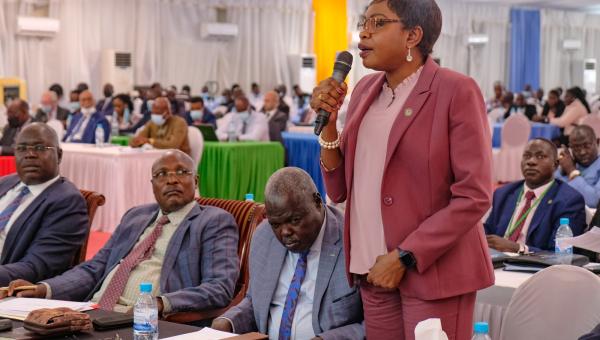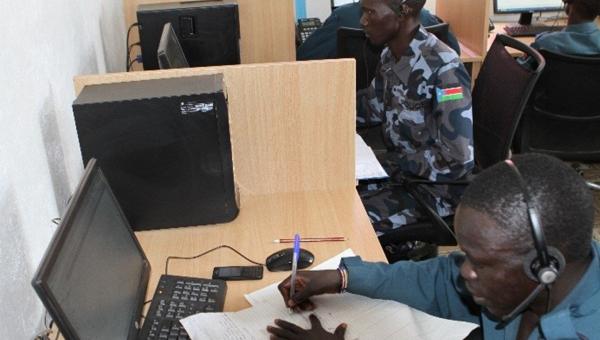
South Sudan
Cross-cutting Areas
Overview
UNDP is constantly working with local communities especially youth, to find lasting solutions to challenges they face, and sometimes these solutions are identified by the community themselves. We then work together to scale them up so more people can benefit. Our accelerator lab is center for such innovations.
Description
i. Innovation
UNDP’s Accelerator Lab focuses on harnessing the power of experimentation, collaboration, and partnerships to ensure more effective responses to complex development challenges, ultimately contributing to the achievement of the Sustainable Development Goals (SDGs) and fostering inclusive, resilient societies. In South Sudan, the Lab is focused explicitly on grassroots solutions with the power to transform South Sudan’s youth bulge into a population dividend for peacebuilding, recovery, and development. The Lab’s work and value addition complement and cut across UNDP South Sudan’s entire Country Programme.
ii. Youth Empowerment initiatives

 Locations
Locations


